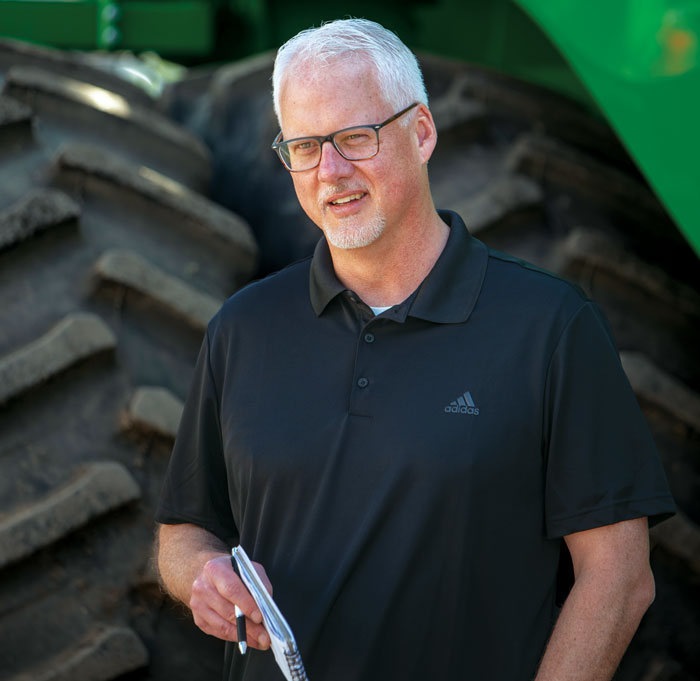While spooning my morning Special K yesterday, the Dec. 21, 2023 Wall Street Journal “What’s News” summary caught my attention. The article “General Motors Buys Out Half of Its Buick Dealers” stated that the automaker bought out half of its 2,000 Buick dealers because they wouldn’t sell electric vehicles (EVs). Late last year, dealers were warned to invest a minimum of $300,000 in chargers and training for the right to sell and service EVs – or get out.
As of Thursday morning, 1,000 dealers took the buyout.
“Dealers across the country have expressed concerns about leaning in too much on EVs,” wrote reporter Nora Eckert, amidst a host of customer concerns, including “range, reliability and high prices.”
The article also went on to describe how automakers are encouraging more direct sales for EVs that will “better match supply with demand” and reduce the number of units on dealers’ lots.
Auto Industry First, Ag Equipment to Follow
Most of the industry has come to accept that trends birthed in the automotive world eventually make their way to farm equipment. Consider flat-rate pricing, more sophistication in absorption rates and used inventory turns, computerized systems, data-driven marketing, online unit specification and commerce, and so on.
A lot of these things have made great sense and allowed dealers to survive while better serving farm customers. But the major OEMs, suppliers and now, investors, can’t always help themselves. “If it works for auto dealers,” the huddled-together MBAs say, “surely it’s time for the farm equipment dealers to get with the program too.”
The real optimist (or the Chicken Little, however you want to look at it) expects a juggernaut of progress, despite many unanswered and maybe even unasked questions in the race to convince the world EVs are right and everything else is wrong.
There’s been numerous stops/starts with EV tractors this year (including Solectrac and Monarch Tractor), while autonomous diesel-powered machines are generating new excitement as aftermarket kits emerge, perhaps a better (and easier to sell) bet if you're making one in 2024-25.
Despite the facts, our regulations, legislation and politics are bringing an unbridled “energy” to the EV world and a set of buyers (including those in rural America) in want of environmental, social and governance statements as much as operating features and benefits. Well they do, it seems, until the economics of their “social buying” impact their wallet. We’ll see how buyers vote with their pocketbook once they’ve discovered the new-era pricing (expiration of credits), the cost to repair (plan on full assembly replacements vs. single components) and the outlays needed to replace a burned-out or failed battery.
Again, these also aren’t your granddad’s batteries, not in their mining/production nor in their cost to replace and ultimately dispose of.
You & Your Major Lines
The technology train has left the station and won’t stop ... well except possibly every few hours for a recharging (and a long wait in line).
Here are a few questions for you:
Will the major-line farm equipment manufacturers follow suit and plant the seeds for direct-to-consumer sales like the automakers? And if they do, do you care? Or will majors’ dealer standards require ag equipment dealers to come along, ever so grudgingly? Or will they let the EV experiment reside with the independent manufacturers where the lumps can be taken without tarnishing the legacy brands?
Let us know where you land on this topic in the comment field below, or email me at mlessiter@lessitermedia.com. We’re interested in what’s on your mind on this subject.
Wishing you, your families and businesses a year of growth, health & blessings in 2024!
Related Content:







Post a comment
Report Abusive Comment